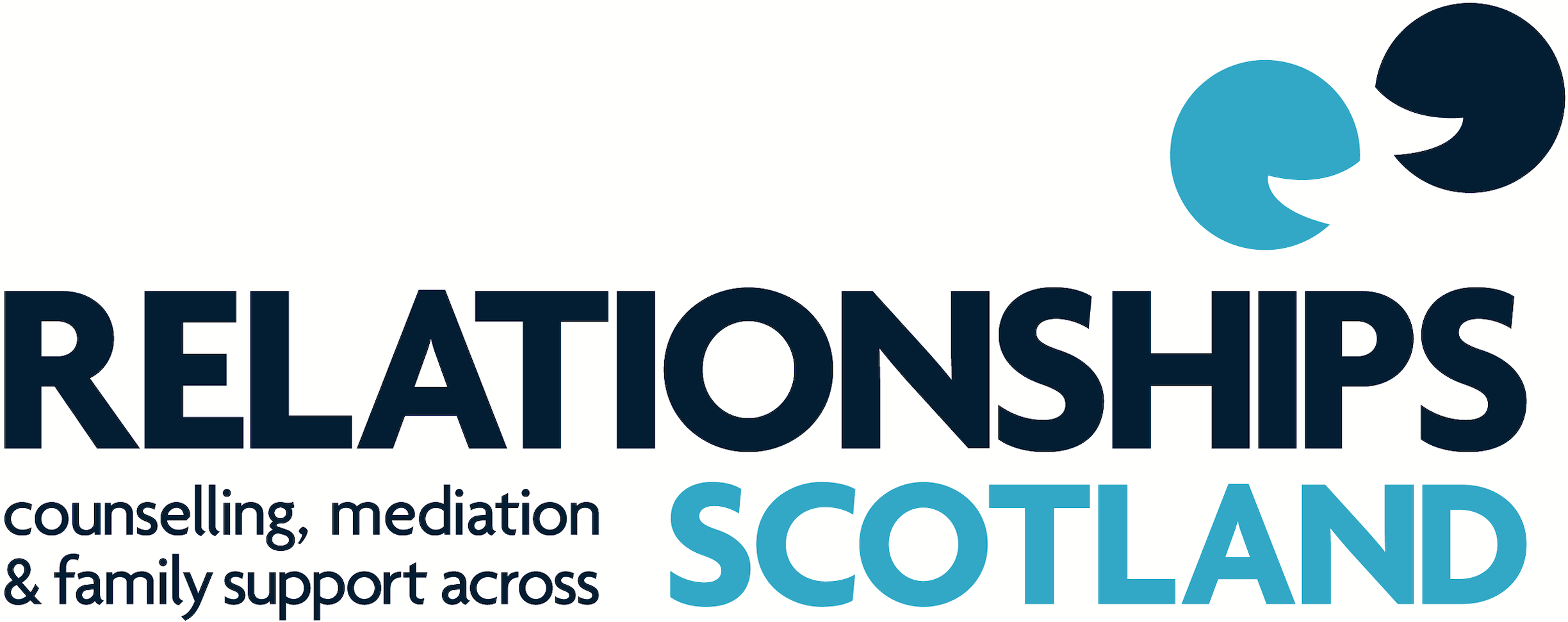
How can family mediation help me?
Family mediation helps families in conflict understand and communicate with each other better so they can make practical plans for the future. Our trained mediators understand the complexity of family life, separation, divorce and family restructuring. They won’t take sides, make judgements or give guidance. They work with families in conflict to help them communicate more effectively with one another and consider options that will help them work through their differences.
Mediation can help minimise conflict, improve family life and help avoid long, painful and expensive legal battles. If you do go to court, even at that stage the sheriff might encourage you to attend a mediation service.
Can we help you?
Family breakdown is distressing. It can be hard to keep communication channels open with family members when you’re in crisis. We are here to help you make your own decisions about the future when you most need support and understanding.
If you are experiencing any of the following situations, your nearest mediation service could help you and your family:
- My partner and I have just separated. We’ve tried talking about arrangements for the children, but we just get angry and one of us storms out.
- Since I moved out, my partner hasn’t let me see my children. I miss them so much.
- I’m a grandparent. Since my son’s/daughter’s breakup, I haven’t been able to see my grandchildren.
- I don’t want to go to court if I can help it. Can mediation help us avoid it?
- We separated a while ago, but our arrangements have broken down. We need help to sort them out again.
- My ex was the main breadwinner. What will happen to the kids and me if the money stops?
- My ex and I both have new relationships now. We need to make new plans for our children.
- Since Mum and Dad broke up, they don’t listen to me any more. I feel like running away.
If you are experiencing conflict in your family for a different reason our Young People and Families Mediation service or other Family Support services might be able to help.
Read about how mediation has helped some of the families we have been working with, to find out how mediation might help you, your family or friends. Details have been changed to protect confidentiality.
One mediator talked about a mediation session that had been online using zoom with two parents who had been together for about a year. The parents had separated because of persistent arguments, and difficulty with communication and understanding. Both parents wanted their young son to have a relationship with his dad and for dad to be an active parent, but this hadn’t been working out. Dad’s work commitments took him away from the area at times, and mum had a few concerns about his ability to parent and his extended family. During the mediation mum was able to update dad on their son’s development. They agreed to weekly texts where mum could let dad know about their son and also send photos, and dad could also text and ask about him. They also agreed to use a child contact centre, as a neutral venue, where dad could build up a bond with their son and mum could also be part of the session to gain reassurance of dad’s parenting.
Another mediator described working with two parents over a longer period of time, six sessions over 18 months. Initially these parents had decided that mediation was not for them. Their case had gone to court and a contact order was issued. A minimum time for their daughter to spend with dad was specified, with the expectation that this would be reviewed and increased. They decided to try mediation to explore options for adjusting these arrangements. With the mediator there to help with communication they were able to talk about a number of concerns, and fine tune some of the details of the arrangements, such as handover times and locations. Over the next few months they agreed some changes to the arrangements, including frequency of overnights with dad. They were able to negotiate and agree specific different plans for the time that their daughter was with them both over Christmas and New Year. In mediation they had learnt communication skills that help them to work together as parents.
In another example a mediator met with parents for two sessions over a 5 month period. Their 9 year old son had been saying that he did not want to go to his dad’s house, however when he did things appeared to be fine. The discussions in mediation helped the parents to understand each other’s perspectives and also explore what their child might be feeling. They both acknowledged that they had different expectations as parents, which had caused friction between them. They agreed that the court involvement had increased the stress levels. Both recognised that if they could improve their coparenting relationship, that would be beneficial for their son. By the end of their time in mediation they felt that they were communicating better as parents and they were in a position to work together to support their son in re-building his relationship with his dad.
Sometimes mediators meet with the children and young people themselves to understand their perspective, and then share this with their parents who are in mediation. One of our mediators described a time when she met with two children who were aged 8 and 10 years old. Their dad worked out of the area on a week on, week off shift pattern. The children lived with their mum, and spent time with their dad when he was not working. The 10 year old had started to be very upset when he came back to mum. He was having trouble sleeping and was very clingy. Communication between mum and dad had broken down. The mediator met with both children and explored how things were for them at the moment. The older child drew a picture of his dad. It ended up as a huge fire with buildings and cars in flames. He said he was scared of fire and then began to speak about his dad’s job and that fire was really dangerous and dad’s job was dangerous. He said that he worried a lot about his dad when he was away and didn’t want to tell his mum because she would get angrier with dad and he hated it when there was shouting and crying. The older boy gave permission for his picture to be shown to his parents when they next met with the mediator. This had a big impact on the discussions. The parents agreed that they needed to make some changes. Dad agreed to share some information about safety in his work place in order to ease his son’s mind. Mum agreed to make sure he didn’t see her cry so often. They both promised to thank their two children for sharing their worries with the mediator.
